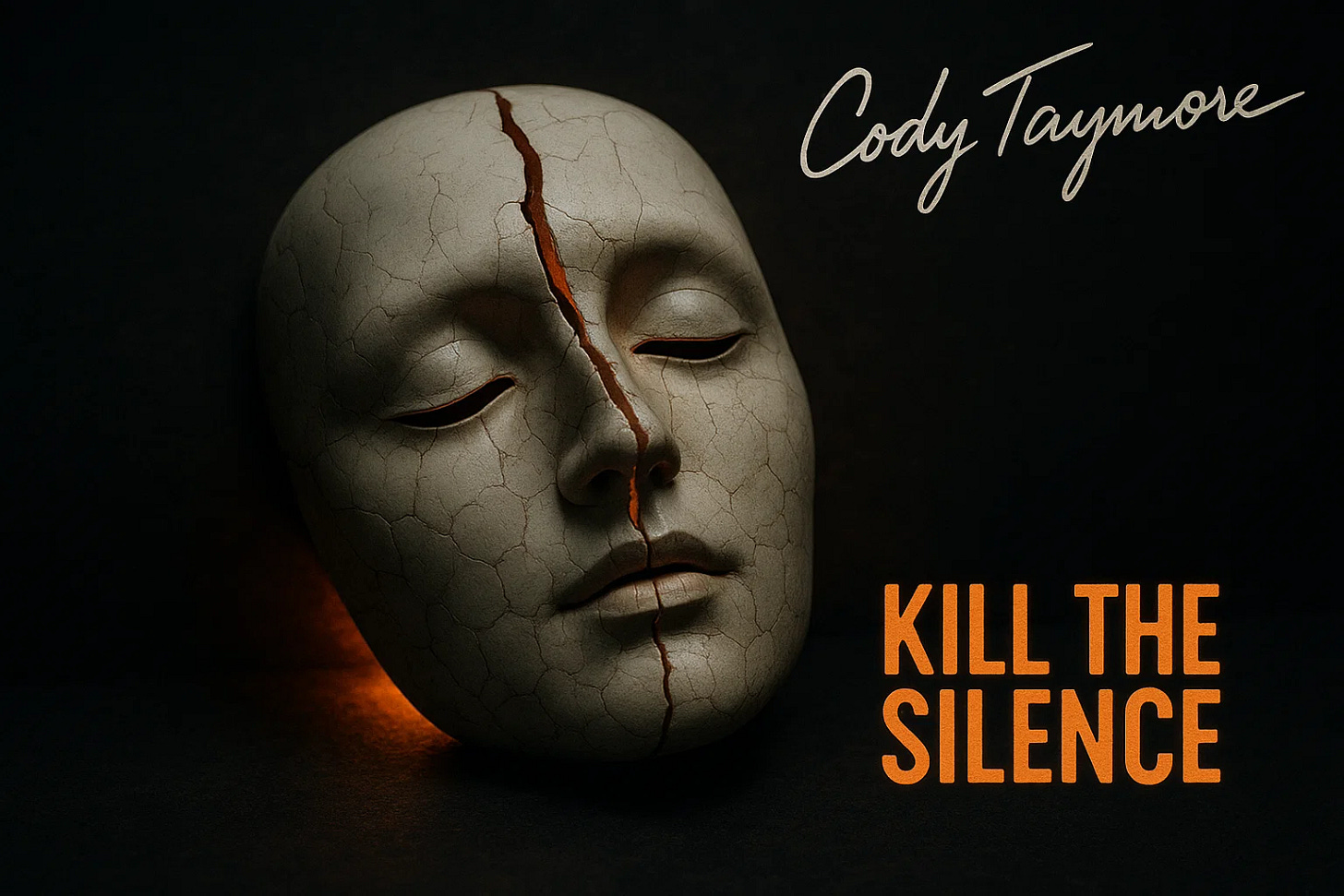You're Not Supposed to Heal From Everything
Not all trauma has a silver lining—and that's exactly why you need to hear this.
Let me be blunt. Trauma often doesn't have closure. It doesn't have a neat resolution. It doesn't "make you stronger." Some pain will never transform into wisdom, strength, or inspiration, no matter how many therapists, gurus, or motivational quotes try to convince you otherwise.
We're obsessed with turning trauma into triumph. We worship comebacks, redemption arcs, and "rising from ashes." It's fucking exhausting.
Here's the truth nobody is brave enough to say out loud:
Some things just break you.
And maybe that's okay.
Maybe the point isn't always to overcome, bounce back, or turn tragedy into TED Talks. Maybe the point of some experiences is to show you the unfixable, the irreparable cracks in your humanity—so you stop chasing perfection disguised as healing.
Not everything bad needs a silver lining. Not every wound heals "stronger than before." Sometimes, wounds just stay wounds. Raw, tender, easily reopened.
And that's not failure. That's honesty.
We've built a culture obsessed with "getting over it" when what we really need is a culture that teaches us how to carry pain without pretending it's gone.
Healing doesn't always mean restoring something broken back to perfect condition. Sometimes healing means learning to live alongside what's shattered, honoring it, acknowledging it, without forcing it into neat narratives of recovery.
You're not weak if you're still hurting. You're not behind if your trauma doesn't feel meaningful yet. You haven't failed if some pain still makes you flinch.
Here's what nobody says but everyone feels: some wounds aren't meant to heal completely.
And admitting that might be the most healing thing you can do.
— Cody Taymore
Kill The Silence



In other words… it’s ok if we walk with a limp…
I’ve spent 2.5 years trying to “get over” the anxiety from a rollover accident I probably shouldn’t have survived. EMDR helped, but the panic still hits when I see reckless drivers—and maybe that’s okay. Maybe the point isn’t to erase the fear, but to understand the version of me it created.
It sucks when it paralyzes me, sure—but it’s also made me more aware, more alert. That’s not weakness. That’s survival.
And survival isn’t a bad thing at all.